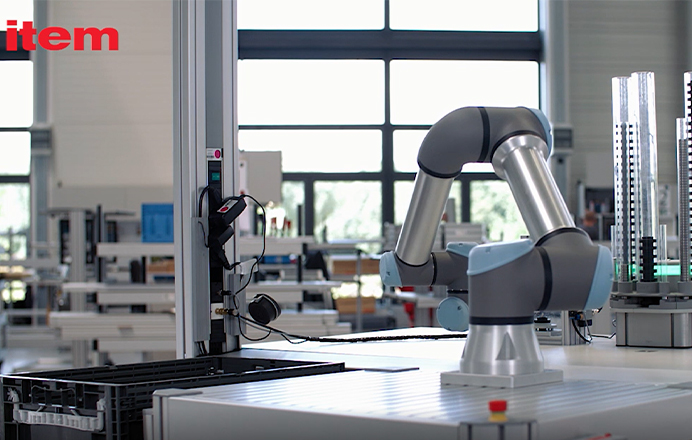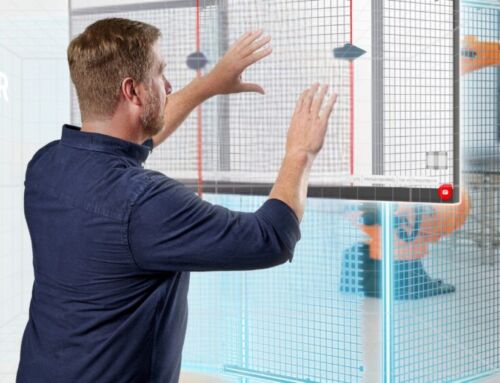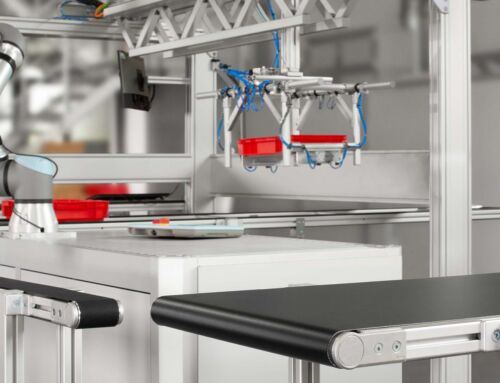When you’re addressing the question of what the future holds for the engineering profession – specifically from the engineering perspective – we’ll start by considering the role of design engineers.
The latest item study on digital mechanical engineering in Germany (an EU-wide study will be published shortly) makes for interesting reading. For example, 67 percent of respondents are of the opinion that knowing how to use numerous software programs will be even more important in the future than is currently the case. This refers explicitly to special design engineering programs, however. The Design Engineers of the future don’t necessarily need to be programmers, but IT will need to be among their core skills. Furthermore, 49 percent of respondents believe the workload of design engineers will increase further still. This calls for 3D design engineering solutions that benefit from intuitive operation and specifically aim to boost productivity. Digital engineering with the item Engineeringtool, for example, makes it possible to execute standard designs in a far shorter time than using a CAD program, especially as this is done directly in the browser. Consequently, as with other online tools from item, no special hardware is needed.
Key Skills and a new form of collaboration
The time pressure associated with an increased workload and the fact that even international straightforward nowadays are changing the job description of design engineers. According to study participants, such engineers will require the following in the future:
- A knowledge of foreign languages
- Project management capabilities
- Communication skills
- Specializations
As was also found in the 2018 digitalization study, participants see design engineers increasingly taking on the role of project managers in the future, given that they will face additional coordination tasks. They will need to have an ever more interdisciplinary mindset. With an aim to shorten project timelines, team and collaboration projects are also increasingly split across different time zones and countries. Design Engineers with the appropriate language and communication skills will therefore have the attractive option of specialization in particular fields, benefiting from agile collaboration with other experts.
Impact of the Coronavirus Pandemic on the future of Engineers
Engineers have seen many developments gather further momentum due to the coronavirus pandemic. Working from home is no longer just the occasional exception to the rule; in many places, it’s become the norm. Adapting to this has required staff to get accustomed to new tools and communication methods in a very short time. Focusing too much on specific software knowledge, however, brings with it the risk of losing sight of the big picture. The impact of coronavirus has instead highlighted how soft skills – such as flexibility and adaptability – are vital for engineers, but the capabilities will also be required once the pandemic is over. Inga Rottlander from the StepStone job portal sums it up: “Yes, COVID-19 has created an exceptional situation. The ability to adapt quickly to new circumstances will remain important even once it’s over, though, because the pace of change is growing in the world of work and will increase further in the years ahead.”
“New types of coordination with customers and colleagues are making it necessary to get to grips with different forms and rules of communication, especially in the international context.”
In the future, the skills that have become essential during the pandemic will therefore no doubt be expected as standard from engineers. This includes the ability to organize themselves, which is particularly easy to practice when working from home. Working autonomously is also a key component of agile project management. Methods such as Scrum are becoming ever more popular in mechanical engineering. Communication skills have also become even more important – a development that the pandemic has accelerated. New types of coordination with customers and colleagues are making it necessary to get to grips with different forms and rules of communication, especially in the international context. This is what is referred to as “digital soft skills.” All in all, the engineers of the future will have a high level of emotional intelligence. That means being aware of their own emotions, understanding how to deal with them, and being able to respond appropriately to the emotions of their fellow human beings.
Are you interested in digitalization and what the future holds for mechanical engineering?
Simply subscribe to the item blog by completing the box to the right. That way, you can stay in the know with item Expertise!









